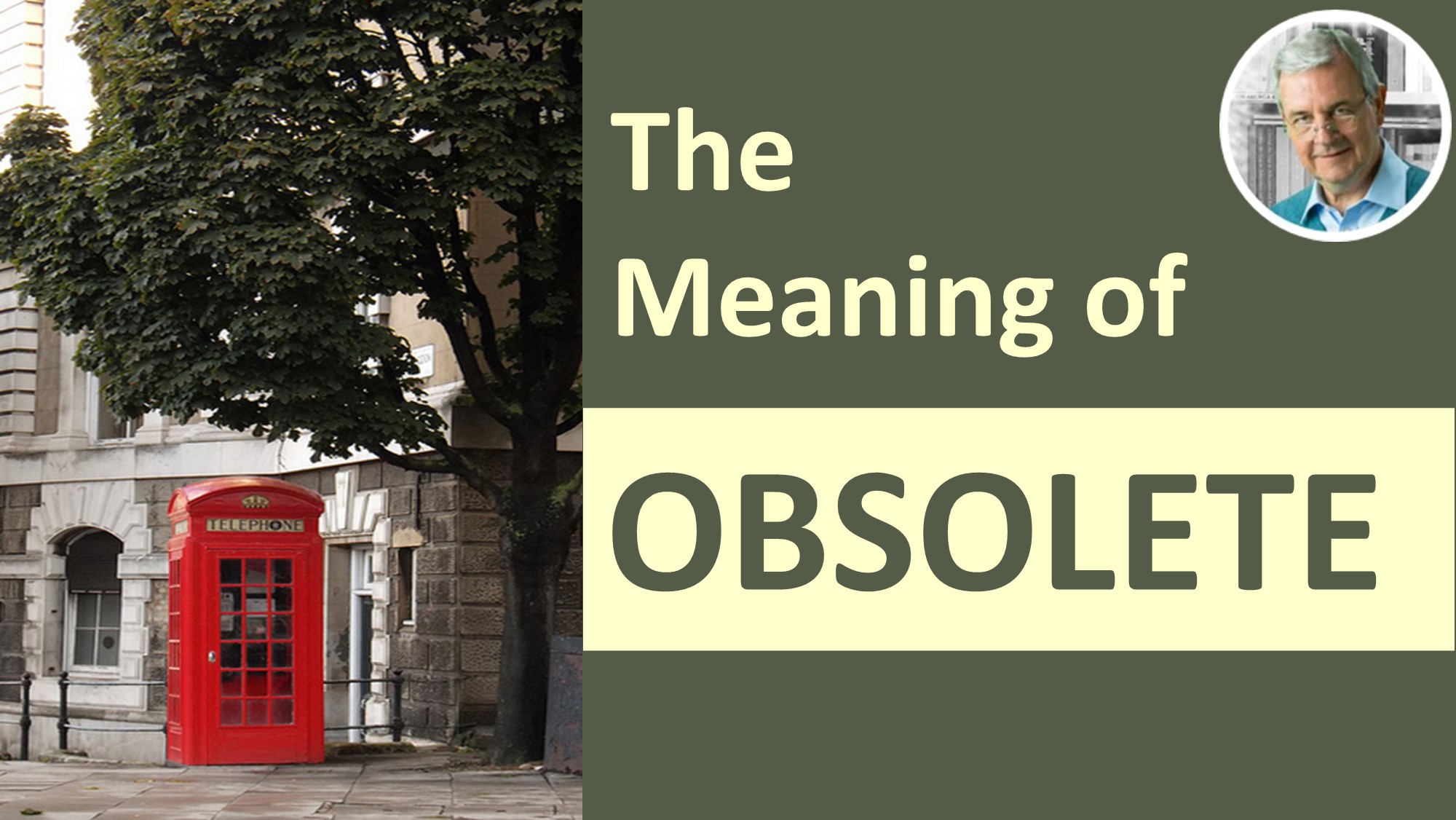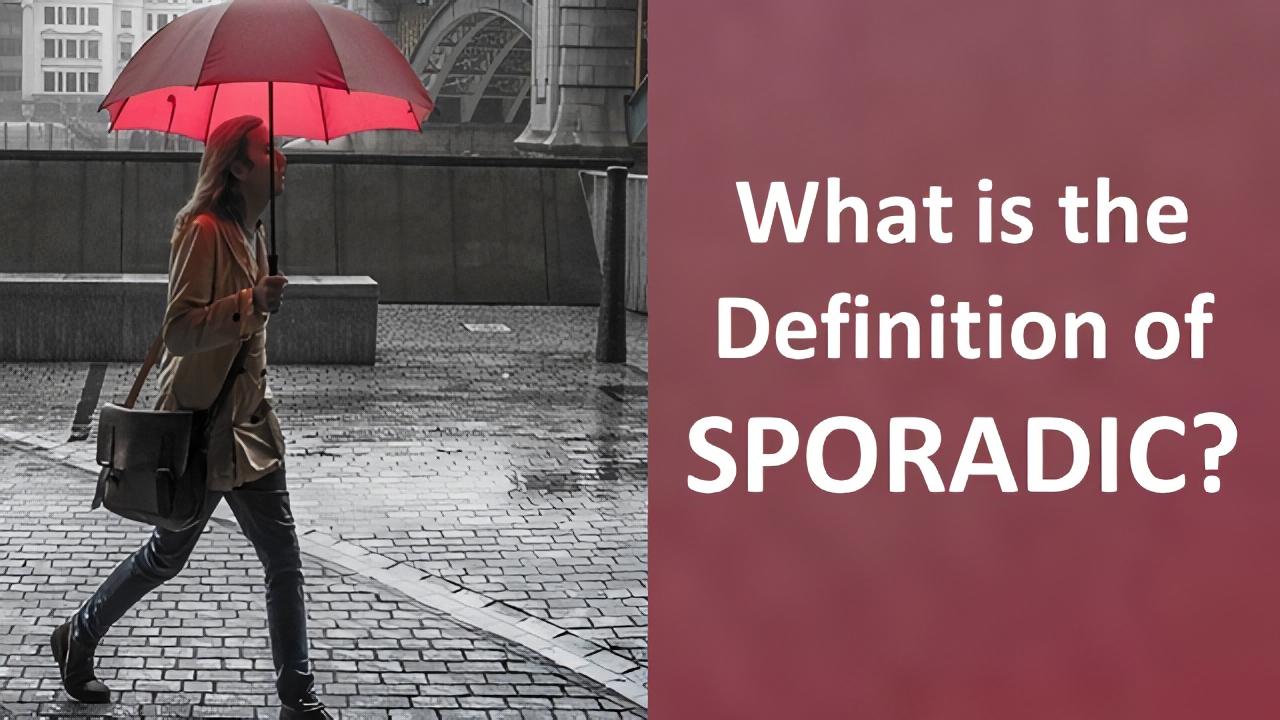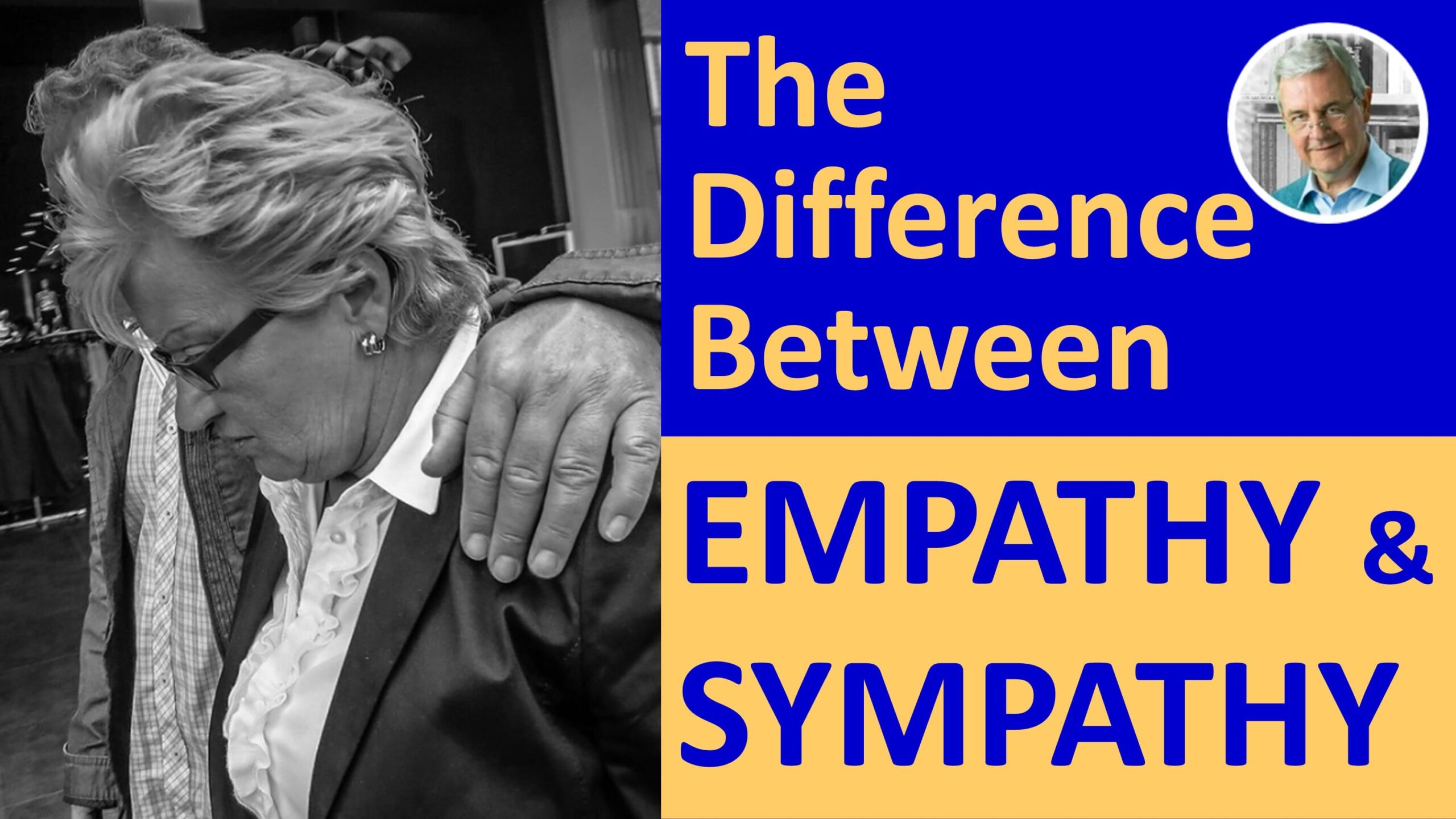What is the Difference Between LIBEL and SLANDER?
What is the Difference Between LIBEL and SLANDER?
Slide 1:
What is the Difference Between LIBEL and SLANDER?
Slide 2:
Libel and slander both refer to statements which defame or damage the reputation of an entity or person.
The difference is:
Libel is WRITTEN
Slander is SPOKEN
Slide 3:
Definition of libel: Publishing or writing a false statement about someone that can negatively affect their reputation. Libel can also include publishing a false or untrue image, in print or on a web site.
Slide 4:
Definition of slander: Making a false spoken statement about someone that gives a bad impression about them; verbally defaming someone using information that is known to be misleading or false.
Slide 5:
In 1989 The Blue Angel Restaurant in Sydney, Australia, was awarded $100,000 after taking a food critic for The Sydney Morning Herald to court for libel.
Slide 6:
In 1895 Oscar Wilde prosecuted the Marquess of Queensberry for libel. According to Wilde, the Marquess accused him of “posing as a sodomite” in writing. The resulting trial revealed evidence which led to Wilde’s own arrest on the grounds of gross indecency with men.
Slide 7:
Notice in both examples, defamatory statements were put in writing.
- Leo Schofield, food critic for the Sydney Morning Herald, wrote an article entitled “High drama where lobsters have no privacy” which appeared in The Herald of May 29, 1984.
- According to Oscar Wilde, the Marquess had written a card which he left at his London residence in which he accused him of “posing as a sodomite.”
Slide 8:
After withdrawing a controversial advert for Golf cars, representatives of Volkswagen issued the following statement:
“We at Volkswagen are aware of the historical origins and the guilt of our company during the Nazi regime. That is precisely why we resolutely oppose all forms of hatred, slander/propaganda and discrimination.” – Reuters news May 20, 2020
Slide 9:
Commenting on the fiercely competitive game console market, one game designer said: “Nintendo was slandered as a kid’s platform, not a leading light.”
Slide 10:
The last two examples involving Volkswagen and Nintendo refer to things that are spoken about.
However, many people use the words slander and libel interchangeably as if there is no difference.
Nevertheless, if you wish to use good English and make your meaning clear, then remember:
- LIBEL is written
- SLANDER is spoken
Slide 11:
Continually IMPROVE YOUR ENGLISH by subscribing to this channel.
Hit the subscribe button NOW!
Slide 12:
Click the bell icon and choose All to be notified when there are new videos!
Slide 13:
Build a Powerful English Vocabulary and speak English with REAL confidence by enrolling in my FREE English Vocabulary Builder course today!
Go to: http://goodenglish.online
If you are interested in correct word usage, such as the difference between libel and slander, be sure to check:
What’s the Difference Between PRESCRIBE and PROSCRIBE?
Image Credits
Slides 1, 6 – Oscar Wilde
Public Domain
Slide 5 – Blue Angel
Fair Use
http://www.blueangel.com.au/index.htm
(Details: http://en.wikipedia.org/wiki/Blue_Angel_defamation_case)
Slide 8 – VW
Creative Commons
https://flic.kr/p/51MZhb
https://www.reuters.com/article/us-volkswagen-advert-idUSKBN22W2V6
Slide 9 – Nintendo
Creative Commons
https://flic.kr/p/82Uc1s
———————————————————————
Regarding the use of illustrations and photographs used in this video:
Public Domain
Public domain works are not restricted by copyright and do not require a license or fee to use. Public domain status allows the user unrestricted access and unlimited creativity. These are typically very old works.
Fair Use
Section 107 of the Copyright Act provides the statutory framework for determining whether something is a fair use and identifies certain types of uses—such as criticism, comment, news reporting, teaching, scholarship, and research—as examples of activities that may qualify as fair use.
https://copyright.gov/fair-use/more-info.html
Creative Commons Attribution Licence
Others are allowed to copy, distribute, display, and perform copyrighted work – and derivative works based upon it if they give credit to the creator or source.
https://creativecommons.org/licenses/by/4.0/legalcode



